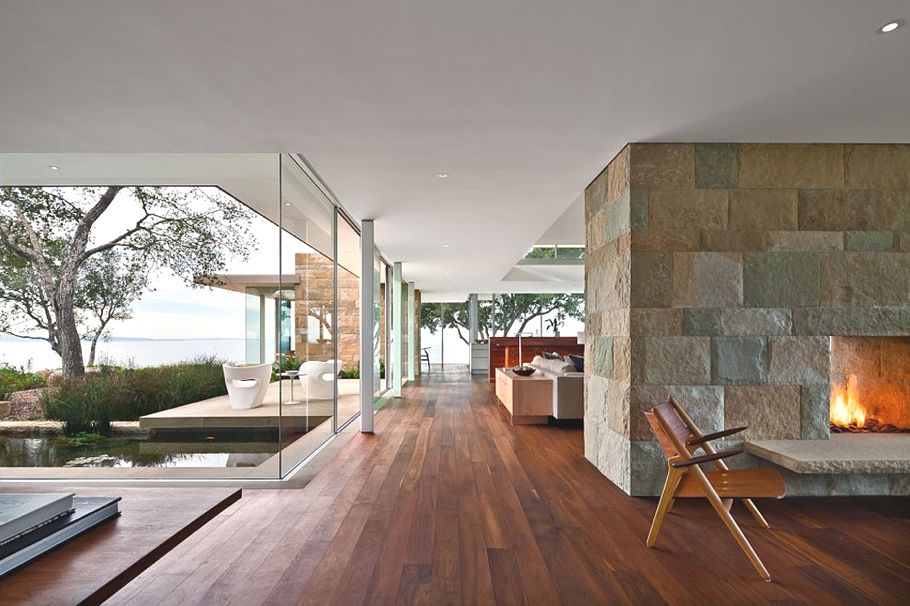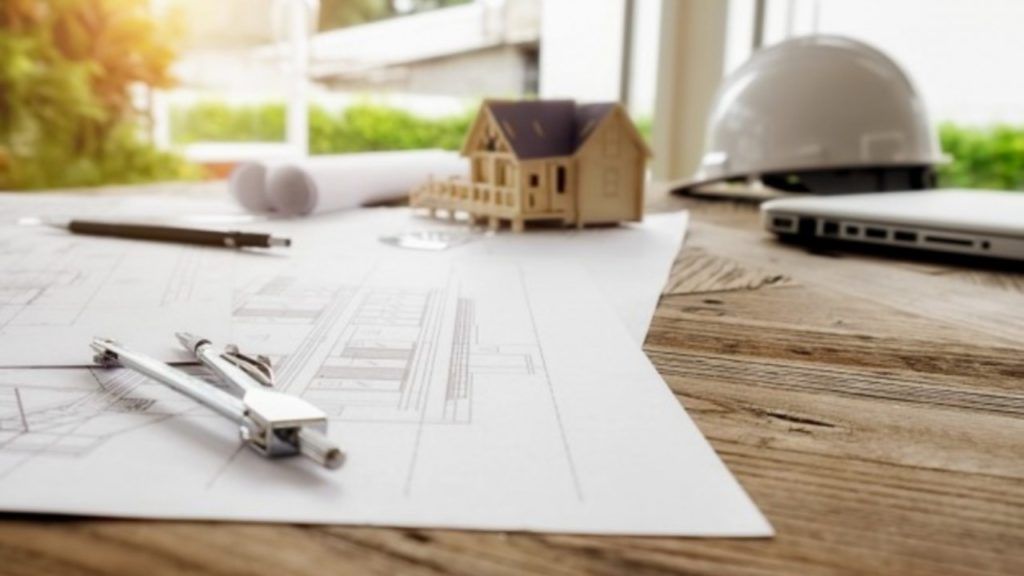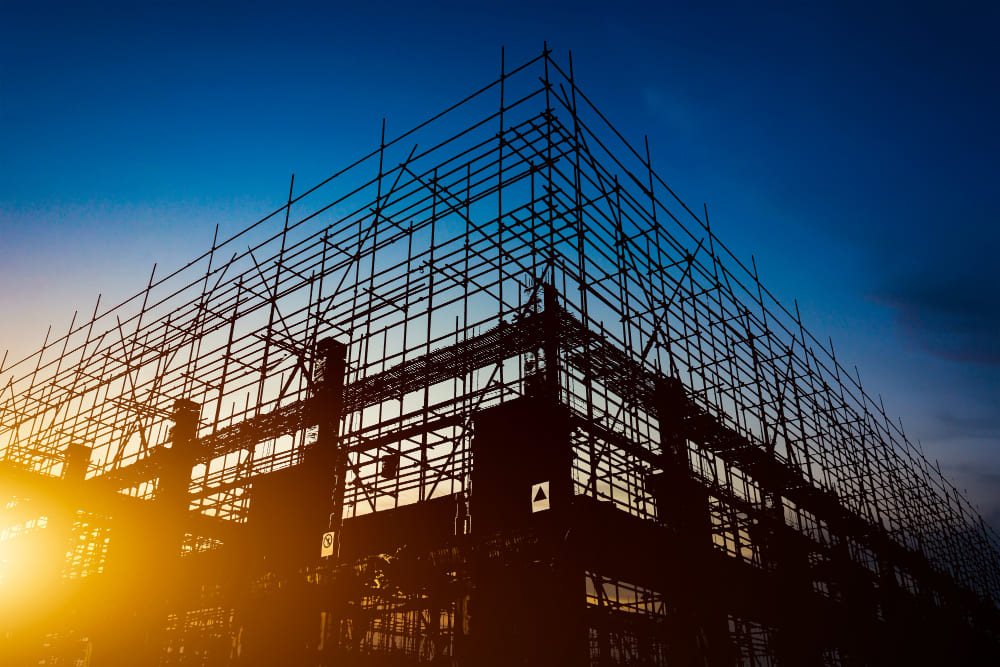In this article we are going to enter to try to explain the difference between a work to fixed price and a work “turnkey” that is how we work in LIVINGKITS.
When buying a car we're going to a dealership and after the election of a vehicle and proceed to pay/fund it, and we delivered in a certain period of time.
However, in the works many times we fall into the error of that hiring trades independently we will save you money.
Why not saving money and you even get to pay more money because if you don't do the work there will be many problems of coordination of trades that you will have to throw out things that were already made, and this in turn will cause delays in the execution of the works. And if the work is delayed can result in budgets that you had with a validity of 30 days, it won't worth it.
On the other hand, keep in mind that in the work there must always be a person that is pending of staff to do things well, possessing means of discharge and transport within the work and ensure that they comply with the health and safety measures.
To finish whenever you hear that someone starts your house on a budget “X”, and that at the end has paid for “And” because there were things in the project, or missing of the measurement and of this no one is going to blame after.
For all these reasons, I recommend that you choose always for one of the two modes is explained below:
In this post, we delve into:
Project price closed
In this type of contract, the builder agrees to to deliver a construction fully finished and functional customer with the payment of a fixed amount by this, split in agreed timelines previously.


This solves one of the main concerns that customers often have, which is the appearance of extra costs for the works that increased its price. For this reason, it is generally a modality that like many customers, as the developer undertakes not to raise or lower the final price of the building during the work.
Advantages
- The risks of possible variations in the price are assumed by the builder, and these are included in the offered price. This causes the client to ensure a cost more or less fixed or with a very small percentage of variation because the client decides to change something that came previously in the project
- The constructor assumes the responsibility of the measurement; therefore, it relieve you of possible errors that contains the project when assessing their own costs.
- The final number of each work is known and therefore it can be certified. This prevents a large part of the work of measurement and valuation of work done.
Disadvantages
The establishment of a fixed price forces the client to try not vary practically nothing once the contract is signed, because, if it does, the constructor would have to evaluate the price to complete the project by the costs that may arise in addition.
Therefore, it is important that the project is well-defined and with little chance of error.
In this mode, the client, acting as a promoter, you must look to the architect and manage the project, then the construction company presupuestará to offer the price that is closed.
Turnkey Project


In this case, is the company in charge who agrees to take of all or most of the necessary paperwork to perform a home, in exchange for a fixed price overall and within a specified period of time, to know:
- The project work and the technical documents necessary for the execution of the same.
- The application of the municipal license.
- The contract/execution of the various units of work.
- The choice of the constructive solutions that arise and the different materials to be used in conjunction with the client.
- The execution of the works until its full completion.
- The legalization of the finished works of the same and the procurement of supplies final.
Advantages
- It has a fixed price, which is known from the first moment. This prevents later give extra costs as it is building the housing.
- The time limits are agreed from the start: Before the start of construction, the company will pose a series of stages and actions that will be marked on a calendar to carry them out. This implies maximum liability on the part of the company awarded the contract, which must comply strictly with the times. This allows the client to:
- Know exactly all the stages.
- Knowing the time of execution and delivery of each of them.
- To know in what stage is the project.
- Control through a single person: In the traditional method of recruitment in a housing project there are several companies, which increases the possibility of the emergence of any confusion or error at any point of the construction of the project. In turnkey projects, you are dealing with a single company or a specialist. This ensures greater control in the works, and especially saves you from having to devote time, effort, and money in coordinating the various providers of supplies and workers.
- Less financial risks: The construction company in charge of the project tends to provide a greater margin in the final budget, to be responsible of all losses that may come up.
- The quality will be guaranteed at all times, reducing the conflicts and problems that can arise during and after the work.
What's included in a turnkey contract?
Here are the 3 basic things that you must include this type of contract:
- Housing design: Normally in a turnkey contract, the contractor shall be obliged to perform a detailed design of the housing that will be built. The design of the building will usually include all of the elements of this technology and patents to be able to run the job.
- Supplies, construction and execution: They are a fundamental part of the obligations of the construction company and should also be included in the turnkey contract. Also, it is normal for the client who requires the construction that subcontractors work, thus controlling the quality of some components of the work, or even coming to negotiate the price.
- Legalization: This is the fundamental of a turnkey contract, the nonchalance on the part of the customer of all the bureaucracy inherent to these projects and the amount of lost time the customer has to devote to carrying papers from one site to another.
Conclusions
As we have seen, both types of contracts are similar in that in both sets previously a price. The difference is that in the contract price closed it is simply the construction the that set a price on a project that he has delivered to the client, by an architect.
In the contract turnkey our company provides the services of study of architecture and construction all together, in addition to closing price of the project, and construction, and performs all the necessary paperwork to legalize the housing. That's why if you plan to succeed with the project of your home contact us today.




